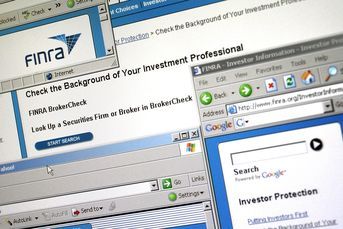Health care costs for retired couples climb 11% over 2014: Fidelity
65-year-old couple retiring this year should expect to spend $245,000 on health care costs, up $25K from last year.
American couples who are ready to retire can add an extra $25,000 in health care costs to their list of retirement expenses.
A 65-year-old couple retiring this year should expect to spend a projected $245,000 on health care costs, according to a report from Fidelity Investments — a projection that’s up 11% from 2014 and up 29% over the last 10 years.
An increase in life expectancy is a factor in the updated estimate, according to Fidelity. In 2014, the Society of Actuaries released updated mortality tables that showed the average life expectancy of a 65-year-old man had increased to 85 from 82 and the life expectancy of a woman the same age increased to 87 from 85.
“As mortality keeps improving each year with improvements in medical care technologies, so our estimate went up from the prior year,” said Sunit Patel, senior vice president of benefits consulting at Fidelity.
Projected annual rising medical expenses also played a role in the estimate increase. IMS Health reported that national drug spending reached $374 billion in 2014, an increase of 13% from 2013, which is the highest annual growth rate since 2001. However, 33% of Americans are doling out an average of $39 more a year for regular prescription drugs, and 10% are paying as much as an extra $100, according to an August Consumer Reports survey.
While the Fidelity study assumes the retired couple is enrolled in Medicare, it does not include the added expenses of over-the-counter medications, most dental services or long-term and nursing home care. The estimate is also contingent on factors such as retirees’ actual health status, their place of residence and longevity.
Consumers have several options to cut some health care costs in retirement. Fidelity recommends considering private Medicare Advantage programs that could reduce a couple’s overall costs over an extended period. It also recommends pairing health plans with a health savings account, which can allow an individual to accumulate tax-advantaged savings over a number of years. The benefit of HSAs is that individuals can withdraw funds tax free for out-of-pocket medical costs.
“For individuals who have health savings accounts, it’s important to use it as a retirement savings kit vehicle,” Mr. Patel said. “It is a triple tax advantage.”
Learn more about reprints and licensing for this article.








